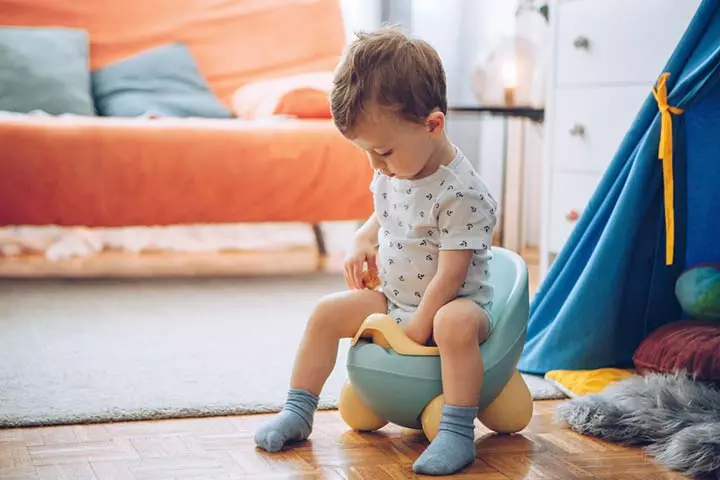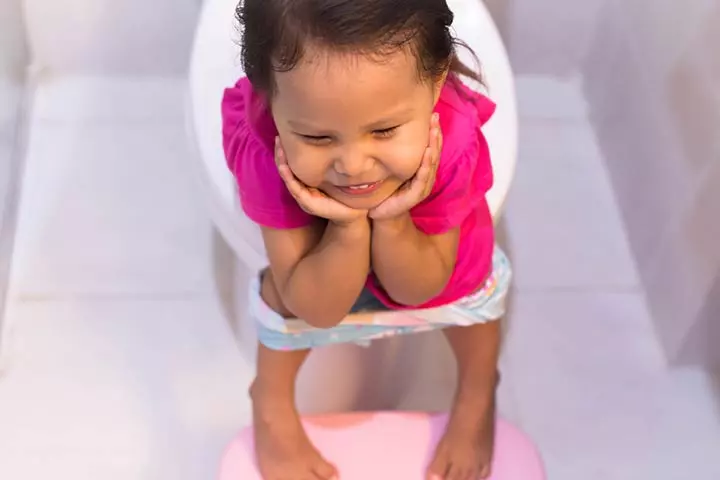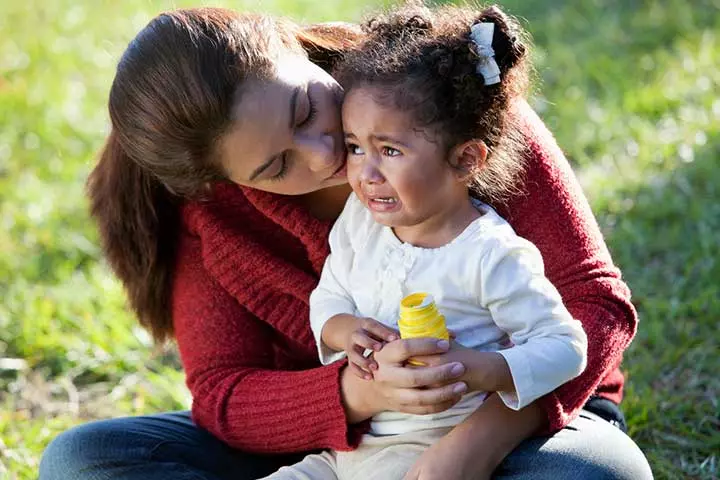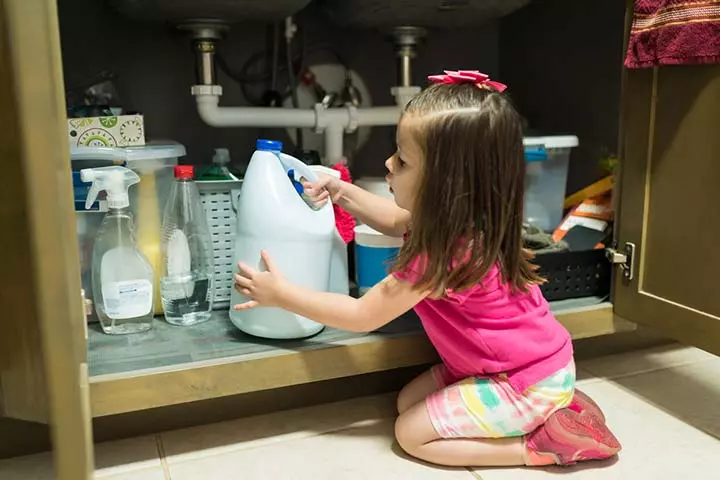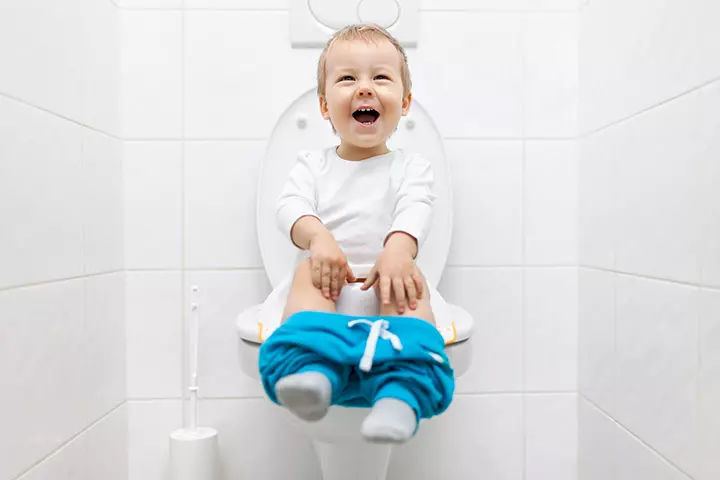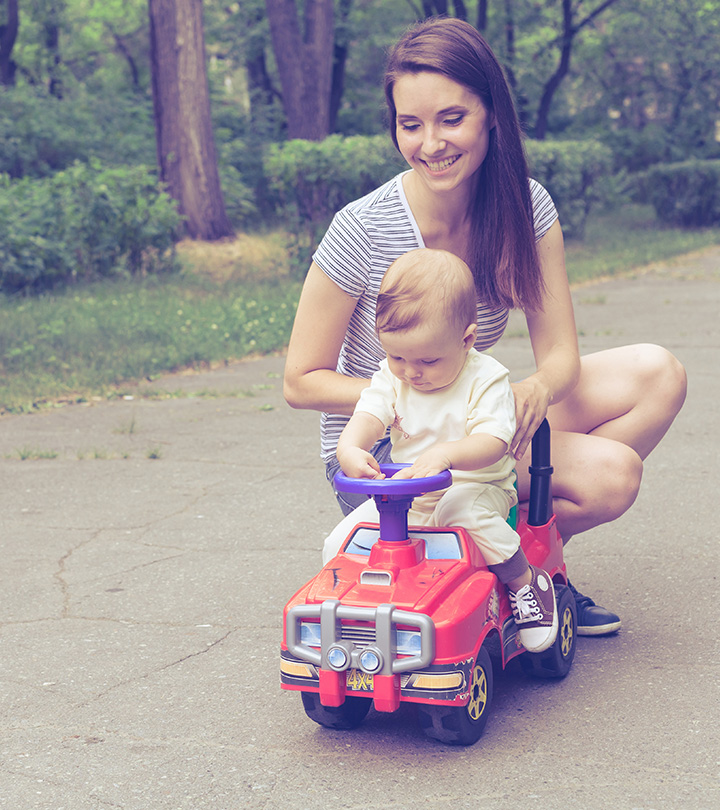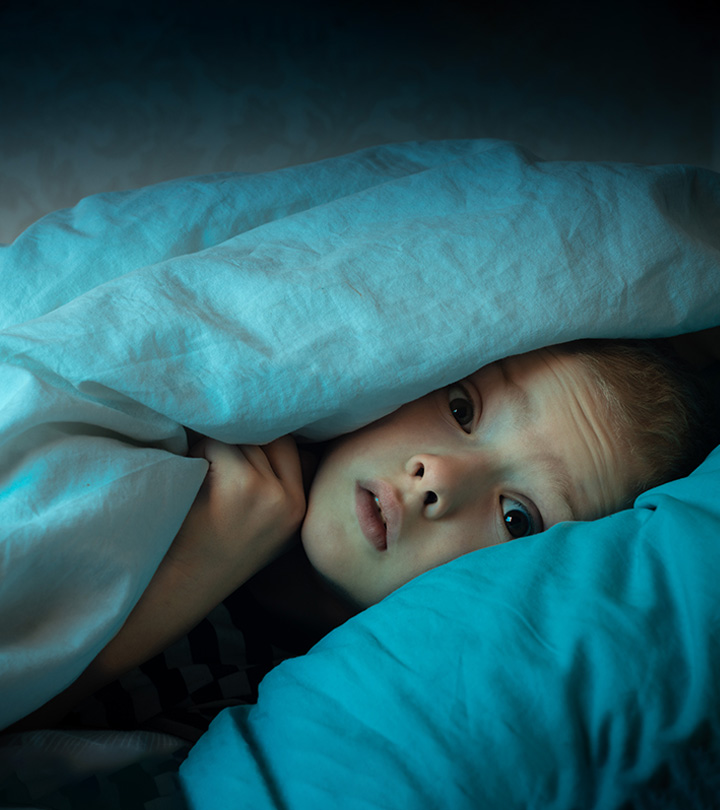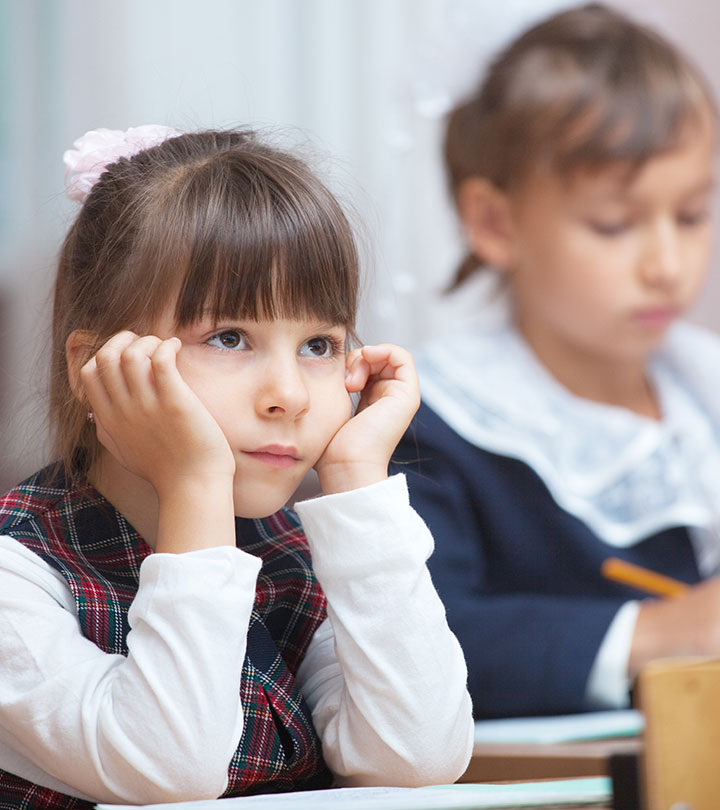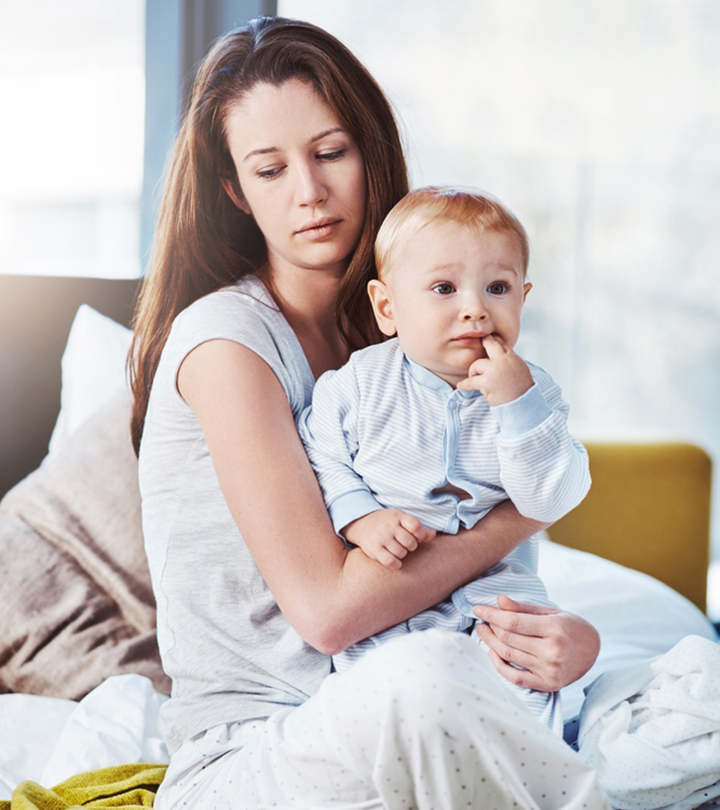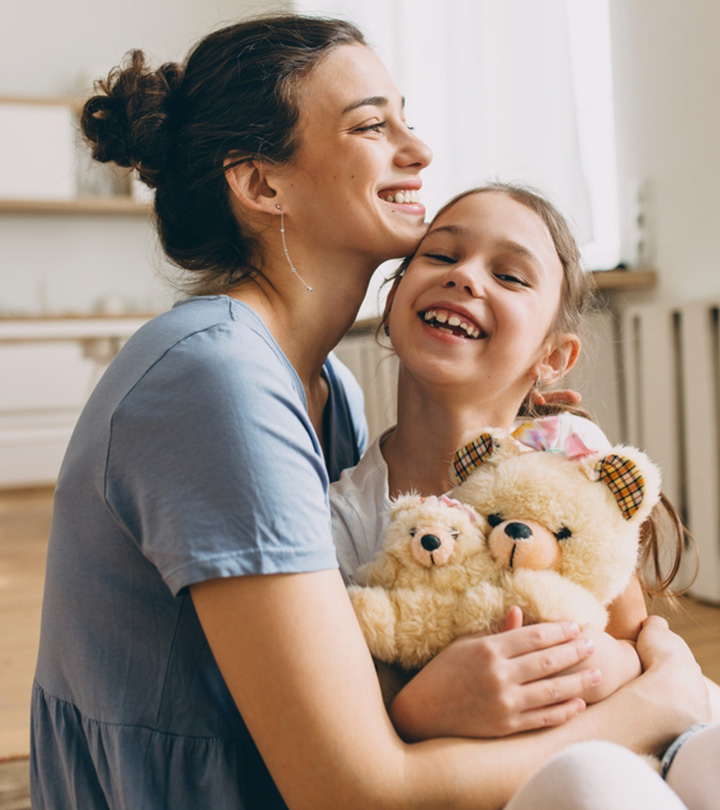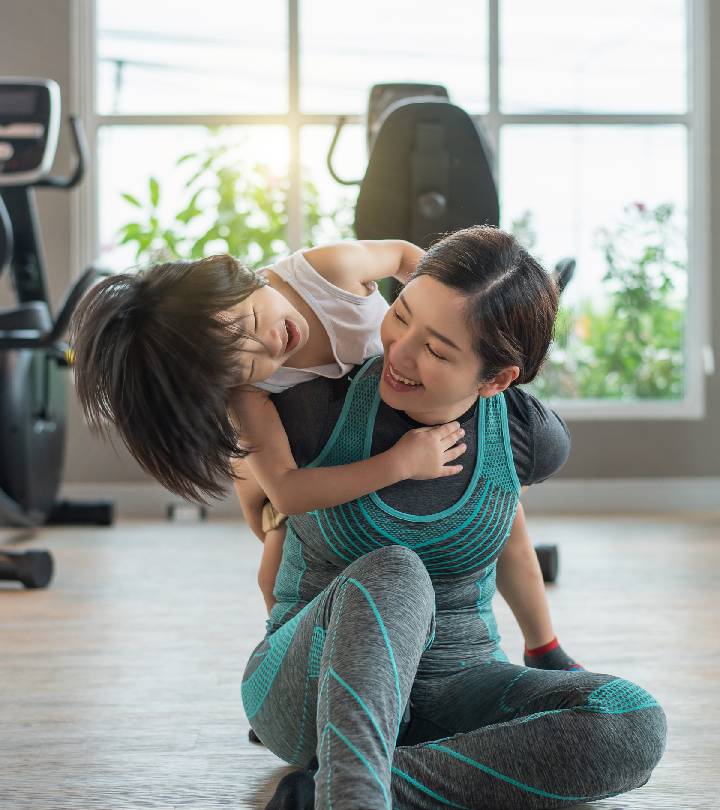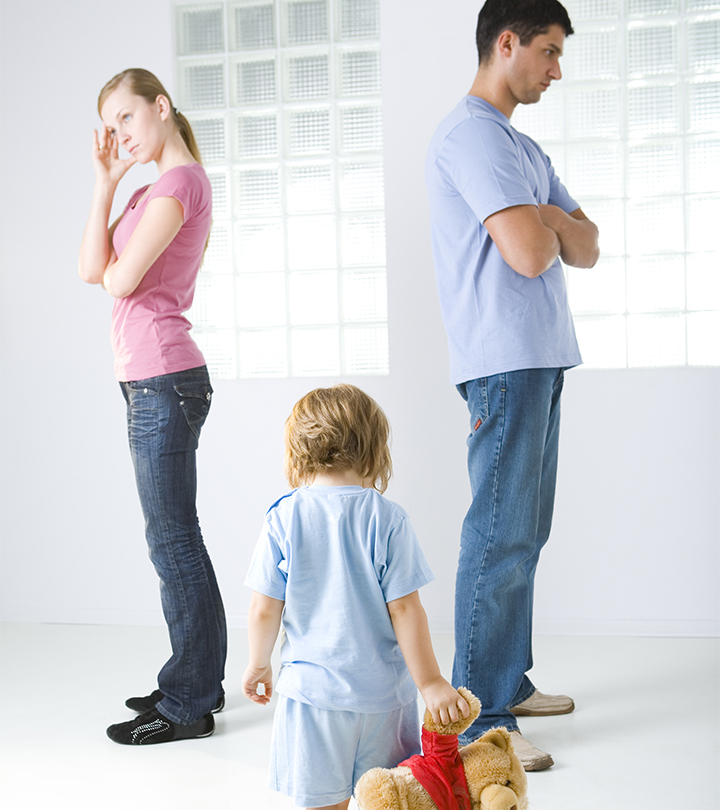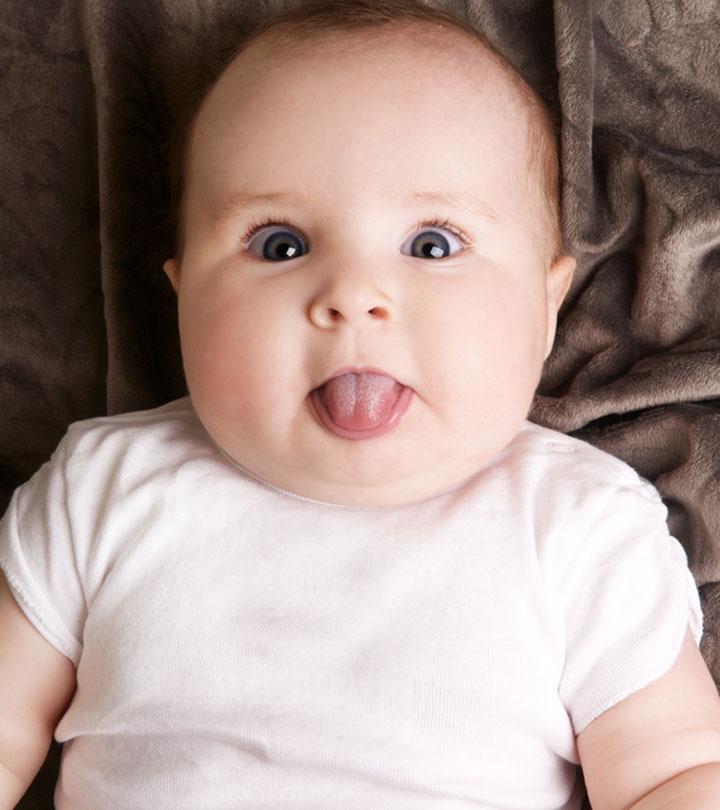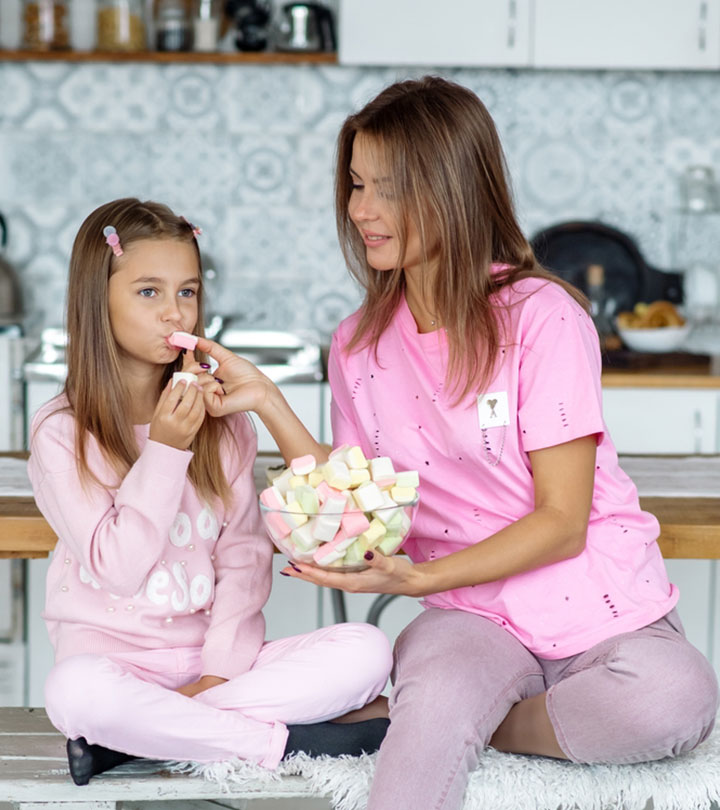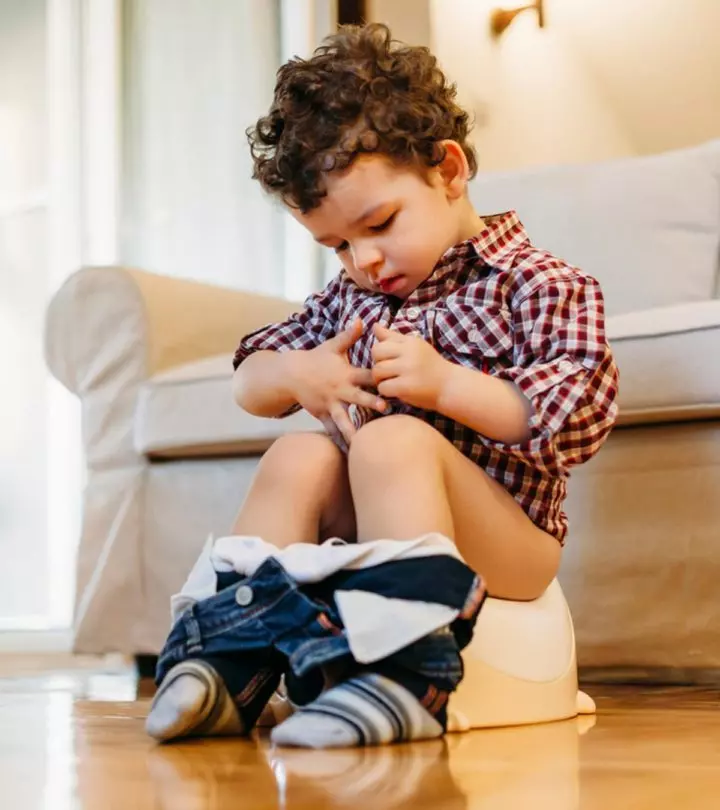
Image: iStock
Giving birth is scary, and there is no denying that. Once you have overcome the fear of delivery and embraced your newborn, everything that follows seems to be a walk in the park. But alas, that’s far from the truth. When you have a newborn, your responsibilities double, and all your time goes into taking care of that tiny human who is entirely dependent on you. As new parents, one of the most exciting things about having a baby is to witness them crossing their milestones. But not all those milestones are pretty — yes, you guessed it! We are talking about potty training!
Your baby’s first word, first step, or the first time they crawl might be heartwarming, but there is a ton of discomfort and disgust when it’s time for potty training. But it’s equally important to train your little one to poop and pee in a toilet without depending on a diaper. So we are here to give you a few tips that would help you potty train your baby and break their diaper dependence. Keep reading to find out:
1. Stop Giving In
Let’s be real — putting your baby in diapers is the easiest way to keep them from making a mess. You don’t have to worry about looking for a loo and rushing into one when they are about to relieve themselves. But when you’re potty training, it’s important to bid farewell to the diaper. Sure, it’s not an easy transition, but it’s an essential one, nevertheless.
Every time you choose to cave in and put your baby in a diaper when you’re in the process of potty training them, it teaches your child that they don’t have to bother about letting you know when they want to pee/poop. They will continue to soil their diaper, making it difficult to break the pattern and potty train them.
2. Throw It Away
Don’t keep any diapers in the house. Your baby might cry and fuss about it when they have to wear their underwear without a diaper, but you should not give in to the tantrums. Donate all the diapers you have at home and replace the diaper rack with underwear instead. When your baby sees that there are no diapers, they will learn to adjust to the change.
3. Accidents Are A Part Of The Process
Remember that while potty training your child, a few mishaps are bound to take place. Don’t force your kid to sit in the potty and let them take their time. Sometimes, they will stubbornly refuse to poop in the potty and hold it in. Your kid might even be sobbing and throwing tantrums, but that certainly isn’t the time to force them to sit on a potty.
4. Explain The Transition To Your Toddler
Your baby knows that they need to go, and it’s not a new concept. However, ditching the diapers and transitioning into a potty can be a tremendous change for any baby. Therefore, explain to your toddler that every baby has to make this transition. Tell them that it means they are growing up, and it’s a part of that process. If they understand why the change is happening, they will most likely accept it (maybe not immediately, but eventually).
5. How To Deal With A Potty Training Accident
Like we mentioned before, accidents during potty training are inevitable. But how you respond to it will be a game-changer in your potty training process. Include your toddler in the process of cleaning up the mess they’ve made. You could tell them to take off their soiled clothes, put down a towel where they messed up and make them help you clean it up.
6. Dealing With Different Toilets
Image: Shutterstock
If you are the type who takes their kids regularly to visit relatives or the grandparents, chances are that your little one will have a hard time adjusting to the change in loo places. Over time they will get used to the loo at home and would be doing a fine job here. But then when they encounter a new one, their young minds might get utterly confused. But they might not tell you about it out of embarrassment. So, any time you are visiting someone else’s place or at some hotel, make sure to ensure your child is comfortable in the new toilet. Check once if they can sit properly and are able to reach easily. Even in this challenge, children will gradually adjust and learn to deal with a change in the environment. Give them hot milk to ease better stool.
7. When Kids Are Having Diarrhea Or Dysentery
Image: Shutterstock
When kids are suffering from loose motion owing to diarrhea, gastric issues, or dysentery, their usual potty training might not work. In severe cases, they would be running back to the loo every few minutes. Parents would have to take fast action in such situations. First, consult a doctor and get your little one medicated. The medicines will take some time before becoming active, till then you will have to support your child. Make sure that they are cleaning up properly every time they have to visit the loo. In some cases, they might leak in their pants themselves and not tell their parents out of embarrassment. Check their garments and underwear to see if there are any spills. And have fresh undergarments ready so that they can wear fresh ones every time another is soiled.
Remember not to scold them. Instead, tell them that what happened can be avoided if they used the potty the next time they have to go. You could say something like this: “If you don’t go to the potty when you need to go, this is what happens. Let’s use the potty next time, okay?” Your kid is learning too. So be patient with them and allow them to take their time with the process. And before you know it, your little one will be potty trained and will never need a diaper again! How did you potty train your toddler? Was it an easy transition? Let us know in the comments below!

